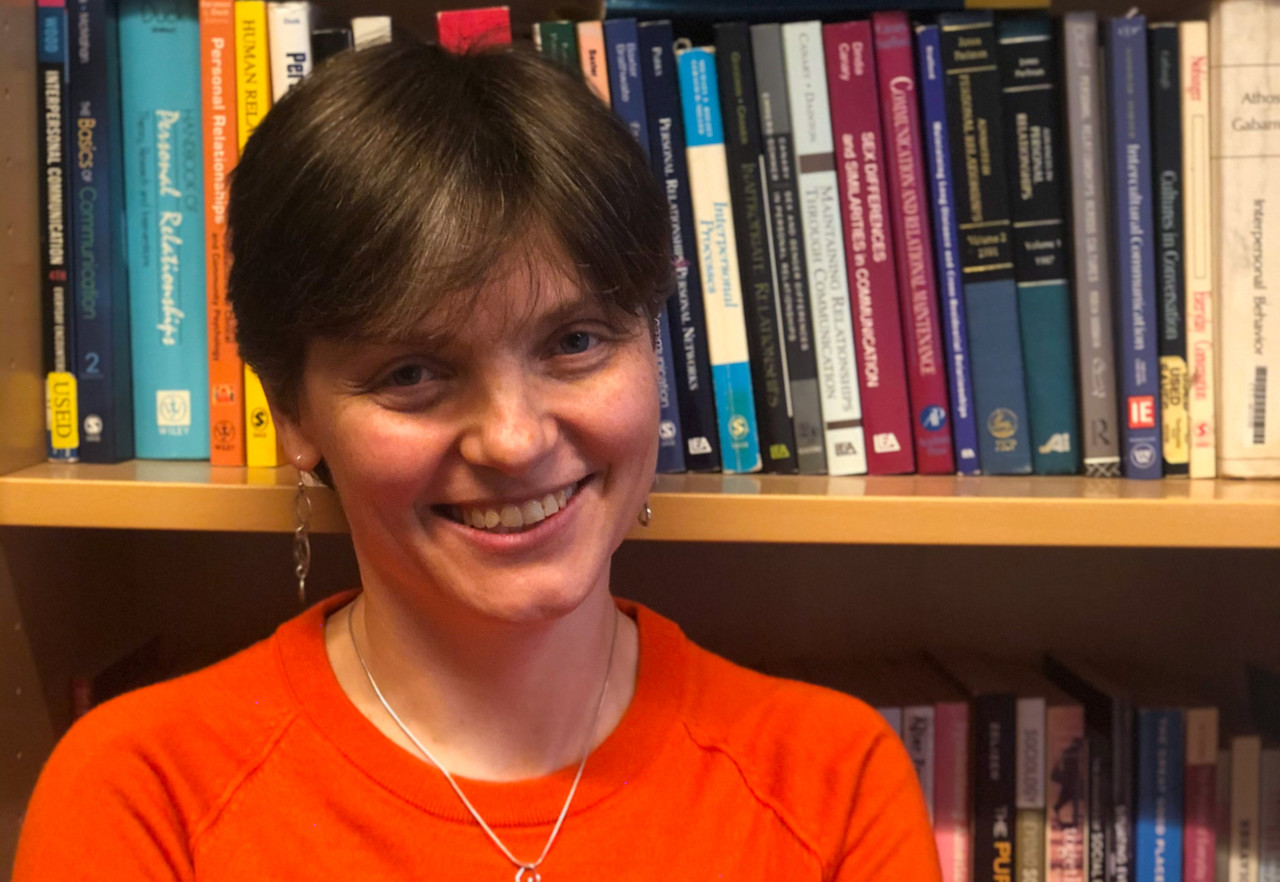New professor: Computer science is shaping our reality and norms
As of 1 March 2020, Irina Shklovski will join Department of Computer Science (DIKU) and Department of Communication (COMM) at University of Copenhagen as professor. With an interdisciplinary approach, her research will aim at making it easier for computer scientists, developers and designers to incorporate ethics, morals, responsibility, and fairness into the development of technology.

- When computer scientists are writing code, they are actually contributing to creating and shaping reality for everybody else, and it is expected that they know what is right and wrong. But how can they, it’s rarely straightforward. This calls for new ways of reflecting on the systems we’re building to make sure that we build a future, we want to live in, says Irina.
Irina’s research has previously focused on the end-users of technology, but now she is more focused on those that develop technology and the problems that they face. Because the problem starts in the logic, that is system design. When designing a system, you set the premises of how something is going to work. You give it boundaries, limits, capabilities. In that way, computer scientists are designing how something has to be.
No easy answers
- Today, there are many ethical discussions and principles, but these are way too abstract and there’s very little translation between the theories and the actual technical practices of creating technologies. We need to close the gap by figuring out what it means in practice to create accountable, transparent and trustworthy technology when writing code, thinking of algorithms and selecting training data. To do this we need to think about data and the social, historic and economic underpinnings of how data are created and why, says Irina.
- It will be impossible to predict all the possible consequences when designing new systems, but we can reframe how we think about the purposes of the systems. We can think of new ways of how to reflect on the systems, we’re building and look at the consequences from another point of view. And this will be one of my main objectives in my new professorship at University of Copenhagen – and to do so, interdisciplinary research is the key, says Irina.
The creation and shaping of reality
In modern society, we interact with technologies all the time every single day. We do it to accomplish something and the technology provides limits and opportunities for doing this in a certain way because of the way it’s designed. Thus, the design of our technologies eventually can set the norms of our reality and sometimes it changes the way we act as well as our expectations of right and wrong.
Just think about the way our expectations of the world and of each other have changed since mobile phones or Facebook became integrated parts of our everyday lives. Is clicking Going a binding answer when answering a Facebook invitation in the same way as accepting an invitation 20 years ago? Would you expect your friend to call or send an SMS if he/she is delayed for a date or would you just wait like you would before mobile phones existed? And is being in transit on a train or plane no longer an excuse not to join a meeting, answer an email or simply not work? These are questions that have emerged as a consequence of new technology.
Bio
Irina Shklovski is an interdisciplinary scholar working across the fields of human-computer interaction (HCI), communication and science & technology studies. In her work, she seeks to answer how to design to exploit technology’s usefulness without exploiting its users. This drives her research in three areas: privacy and creepy technologies, ethics and responsibility in innovation, and how to address the sense of powerlessness people experience in the face of massive personal data collection. In her research, she applies a user-centered approach to growing concerns about the role of data infrastructures, data-driven decision- making, data protection and privacy.
Related News
Contact
Irina Shklovski
Associate Professor, IT University of Copenhagen
irsh@itu.dk
Tina Virenfeldt Kristensen
Communications Consultant, DIKU
tikr@di.ku.dk
Facts
Irina will be affiliated to the Human-Centred Computing Section at DIKU and the Digital Information and Communication Section at COMM, but she is already in contact with several other research entities at various departments and faculties at University of Copenhagen.
At the moment, Irina is finishing the Horizon 2020 project Values and Ethics in Responsible Technology in Europe (VIRT-EU) at the IT University of Copenhagen. The project is focusing on designing tools to help IoT developers engage in ethical reflection on data and privacy in practice.
